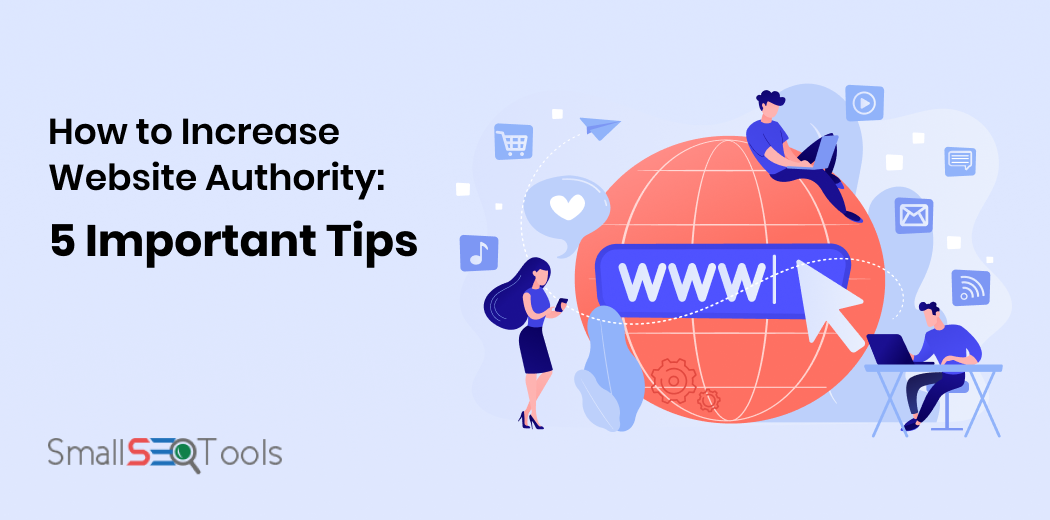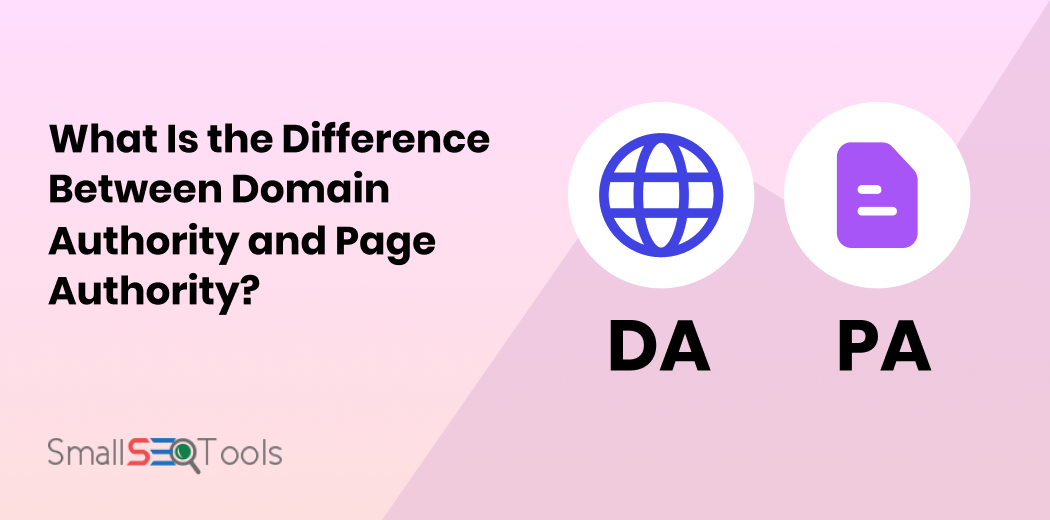Easy Exercise for Coming Up With Topic Ideas for Your Blog

Those who are experienced with copywriting (in general) already have more skills to offer than a huge majority of the self-proclaimed content writers who “specialize” in churning out mass batches of articles or web pages for dirt cheap. As long as you understand the basic art of crafting words that convert… there is a need for your talent.
However, there are 3 specific differences that you must understand because copywriting for the web is not exactly like writing for print.
Forget word count quota/limits.
For some reason, even experienced web content writers are stuck on some imaginary guideline that an article has to be at least 300 words, or at least 500 words, or at least 800 words, etc. Clients may even require a word count minimum, but if you know a thing or two then you can insist that an article or page on the web should be short enough that it is less intimidating to read (because internet readers have a shorter attention span) yet long enough to be complete. That’s it. Period.
In print, it makes sense that copy should be a certain length for spacing issues. That is not the case online. In fact, the only misconception behind imposing a word count quote online is for SEO purposes and you have to watch out for that because there has never been a credible source claiming that any word count has a better chance of getting on the front page of any search engine. Speaking of SEO…
Keywords are important, but not the most important thing.
Again, clients will ask you to write a page based around a keyword. Any web content writer can do that, because supposedly this is the way to achieve search engine placement which is supposedly the most important goal.
As an experienced copywriter, the internet is pleading for your expertise. Stand up to keyword-focused clients and remind them that SEO should be a secondary goal, and help them understand how to prioritize branding, impact, conversions. Encourage them to focus each page on a bigger, more sustainable goal.
Stay simple, my friends
In print you have more leeway to get sidetracked with relevant storytelling and a descriptive writing style. While story telling is still a great way to kick start any page (online or in print) you have to remember that web users are much more impatient… which is why the language and tone should stick to a 6th grade reading level, you should get to the point and wrap it up quickly, and avoid fluff. Be blunt and concise.
*Of course there are always exceptions, depending on the core audience.











